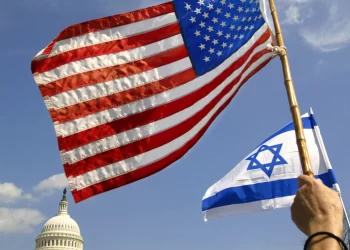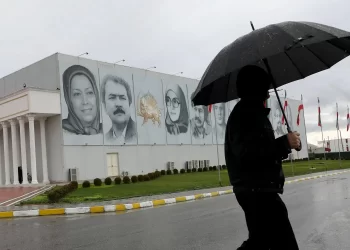Human Lives Human Rights: World has witnessed climate disasters over the last couple of months. In the US alone, we observed wildfires, tornados, and hurricanes pummeling the Gulf and East Coasts.
Environments that we live in, have become hostile to our health, our livelihood, and our community. Many have been forced to leave their homes and some will never be able to return.
Since 2008, over 24 million people have been displaced worldwide due to climate effects. However, this issue, be that in the U.S. or around the world, isn’t impacting everyone equally.
For decades, communities of color have appealed to politicians, policymakers and environmental organizations that they “can’t breathe,” only to be ignored.
The simple fact is that Black, Brown, Indigenous and lower-wealth communities have disproportionately been the dumping grounds for our country’s deadliest toxic pollutants.
We have instituted economic and environmental apartheid through redlining, restrictive covenants and unfair zoning practices.
Researches show that Hispanics, Asians, American Indians/Alaska Natives and especially African Americans experience higher risks of harm from air pollution.
Approximately 74 million people of color (57%), live in counties with at least one failing grade for ozone and/or particle pollution, compared with 38% of whites.
The year 2019 was the Earth’s second-hottest year on record. African Americans are disproportionately exposed to extreme heat.
Vulnerable communities endure housing insecurities due to historic discrimination and residential segregation, often locating them in flood-prone areas that obstruct their access to affordable flood insurance and loans to rebuild.
Black, Brown, and Indigenous people are disproportionately impacted by climate change. This is a racial justice issue, an immigration issue, and an indigenous rights issue which must be look after as soon as possible.
There is just one race and that is the human race.


















